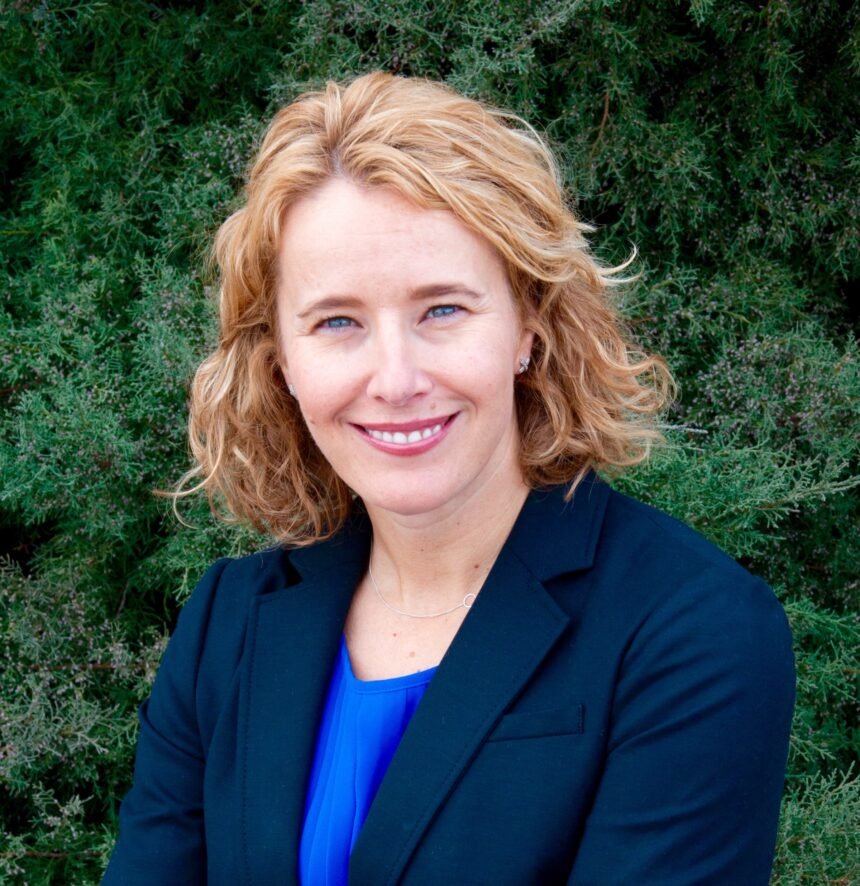Two years ago, we held an artificial intelligence workshop at one of our first Chamber Business University sessions. Last week, we revisited the topic during a Business University lunch at UVU’s Heber campus — this time with a clearer picture of how fast AI is evolving, and how businesses in tourism, travel, hospitality and support services can find practical integrations.
“AI won’t make the beds in the hotel,” chamber partner Matt Gibbons of Referral Community says with a grin, but it might tell you when to wash the sheets. AI is helping hotels reduce water use by adjusting laundry schedules based on real-time room occupancy. It can also create holistic predictive maintenance systems that track HVAC, electrical, plumbing and even landscaping. — factoring in weather, building age, and guest patterns to produce efficient upkeep schedules and better maintenance budgets.
“The more data it has, the more it learns and the better it gets,” Gibbons adds.
Restaurants are seeing AI cut waste and increase profits. Though it still can’t wash dishes, AI can forecast guest traffic, recommend appropriate portion sizes by monitoring kitchen waste, and even suggest menu changes based on past sales.
Some IHG resort restaurants have reduced food waste by 30% using AI, and the Oriental Hotels Group saw a 36% drop with real-time inventory management. Such efficiencies cut costs, yes, but also contribute to sustainability by cutting down on the volume of food waste.
In tourism management, AI apps are guiding visitors toward sustainable choices by recommending real time personalized activities based on a traveler’s behavior or location. It can also produce custom itineraries integrated with transit options that minimize overcrowding and reduce emissions. We are in the process of refining an AI chatbot for VisitParkCity.com now and plan to launch this new feature in time for our busy winter season.
Small businesses are getting in on the action too. Presenter Brett Lechtenberg demonstrated how AI can plan an event, promote it to customers, and respond to inquiries in minutes.
“AI won’t bake the cake for your bakery,” partner Matt Gibbons says, but it can boost revenue (identifying new customers and prompting more business from current ones) and reduce costs (with inventory, anti-waste and energy solutions). “It can do things you might not be good at,” Gibbons says.
Beyond problem-solving, AI can also fuel creative thinking.
“Start by asking yourself the big questions,” Gibbons says. “What five things, if solved, would make the biggest difference in your business? Once you know those, you can start exploring how AI can help.”
Still, AI raises important questions. How do customers feel when they interact with AI? What are the ethical and environmental costs of running these massive data-crunching systems? And how do businesses stay ahead when consumers are now using AI themselves to compare prices and plan travel?
While the full impact of AI is still unfolding, its practical benefits are already clear. In a region like ours — where tourism meets luxury, natural beauty and a unique culture —AI offers tools to better balance guest experience and efficiency.
As local businesses embrace AI, the chamber remains committed to helping them explore its possibilities, integrate smart solutions, and operate with a more sustainable future in mind.
Jennifer Wesselhoff is the president and CEO of the Park City Chamber of Commerce & Visitors Bureau.









